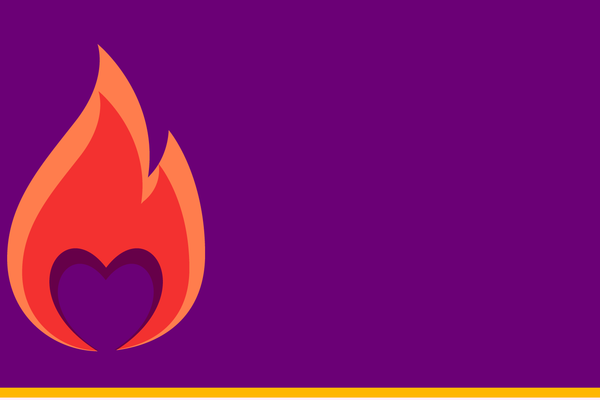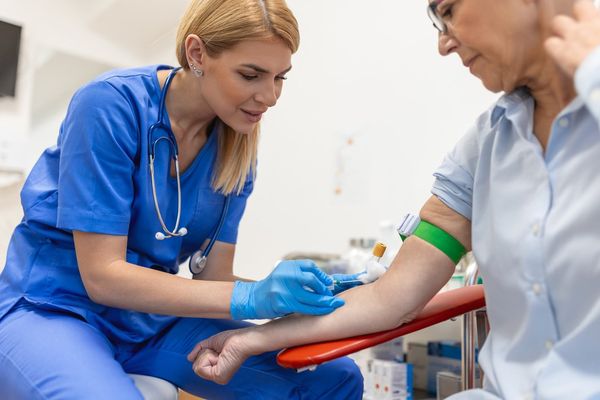Your period has been with you for a long time, so once it starts playing disappearing acts on you, you know something is up.
Suddenly, your periods and the symptoms surrounding them seem to occupy nearly all your time and thoughts, except when you're sleeping (or trying to—more on that later).
You're no doubt familiar with the term "menopause," defined as when you completely stop having periods. It's "official" when you've gone 12 consecutive months without one. Many women take comfort in the fact that they can bid farewell to their monthly cycle, premenstrual syndrome (PMS) and birth control worries.
But the years leading up to menopause—known as perimenopause—can be like a wild roller coaster ride.
Perimenopause begins about 8 to 10 years before menopause and lasts until menopause, which is when your ovaries cease producing eggs and run out of most of their estrogen. Usually the process hits during your mid-to-late 40s but can occur as early as your 30s or as late as your 50s.
Every woman experiences this transition differently, but the basic biology is the same: Levels of the hormones estrogen and progesterone begin to drop. Rather than drop in an orderly fashion, the hormones fluctuate erratically. Estrogen's drop accelerates during the last one or two years of perimenopause, which is typically when menopausal symptoms become more pronounced.
According to the North American Menopause Society, the transition phase usually lasts anywhere from four to eight years. Some lucky women only experience symptoms for a few months, and others may not even be aware of the fact that they are in perimenopause. But for many women, these changes can be uncomfortable and bothersome, so it's important to know some facts about perimenopause.
- You can still get pregnant. Even though you may not be menstruating each month, you are still fertile, so continue to use some form of birth control until you've gone 12 consecutive months without a period.
- Your period will become erratic and unpredictable. Some months, you'll skip it altogether, while others, you'll have a much longer—or shorter—cycle than normal.
- Your flow will ebb and flow. A light, barely there period can occur one month and a much heavier-than-normal period another month. A good general rule: Always be prepared for just about anything.
- Your thermostat will become confused. You're hot, then you're chilled. Sudden heat waves (hot flashes) last for between one and five minutes (but can seem like an eternity). You sweat, your face turns red and your heart beats rapidly. When it's all over, you may be chilled. (This is a good time to dress in layers.)
- Your vagina may change. Estrogen loss can render vaginal tissues dry and thin, making sex uncomfortable. Pain, itching and burning can ensue, too.
- You're emotional. Mood swings, though temporary, can make you feel like you're losing it. Women who have suffered from severe PMS in the past are more likely to get depressed during this time, but it will likely pass once you settle into menopause.
- You're tossing and turning at night. Hormonal fluctuations and night sweats (hot flashes while you're sleeping) can leave you sleep deprived, wet and cranky. These symptoms make both falling and staying asleep problematic. Find out more about the menopausal transition and sleep problems.
Take heart in the fact that like all phases, this, too, shall pass. In the meantime, eat right, stay active and manage your stress. These tactics will go a long way toward dealing with the transition.
- A Conversation With Nina Coslov About Perimenopause - HealthyWomen ›
- And Just Like That … I Had a Flash Period - HealthyWomen ›
- She’s Sweating, He’s Freezing — and Nobody’s Sleeping - HealthyWomen ›
- The Surprising Signs of Perimenopause - HealthyWomen ›
- She’s Sweating, He’s Freezing — and Nobody’s Sleeping - HealthyWomen ›
- Dealing With Rage During the Perimenopause Transition and Beyond - HealthyWomen ›
- Could It Be the Transition to Menopause? - HealthyWomen ›







